The information was shared by Prof. Dr. Le Anh Vinh - Director of the Vietnam Institute of Educational Sciences at the training session "Orientation for implementing artificial intelligence (AI) education programs for students at the Experimental Elementary, Middle and High Schools of Educational Sciences" - September 13.
Expected to be deployed to all grades
AI education content is part of the "Experimental Students" program - implemented from the 2025-2026 school year, aiming to develop unique, distinct, core values of students of the Experimental Science Education Primary, Secondary and High Schools, along with content on digital citizenship skills education, financial education, social skills development, experiential activities and scientific discovery.
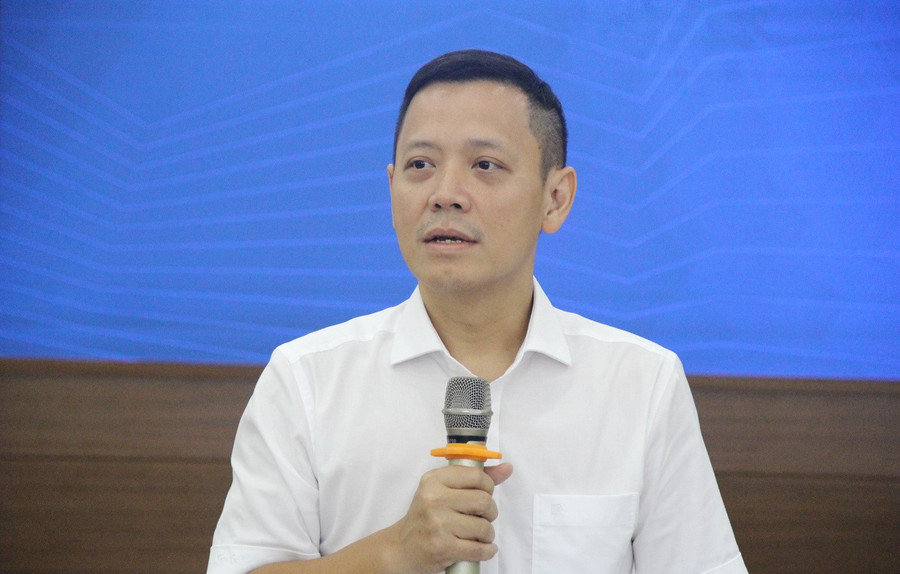
The implementation of AI education content for students is a continuation of the series of research on artificial intelligence in education that the Vietnam Institute of Educational Sciences is implementing, including building an AI competency framework for students and teachers, developing documents guiding the use of AI in teaching, and guiding teachers in developing AI competencies for high school students.
Previously, the leadership of the Vietnam Institute of Educational Sciences had meetings with the school's board of directors to discuss, carefully review, and prepare carefully to suit the actual implementation conditions.
The program is expected to be implemented for all grades with a duration of 16 periods throughout the school year, taught directly by the school's teaching staff with support in program development and provision of learning materials from the research team of the Vietnam Institute of Educational Sciences.
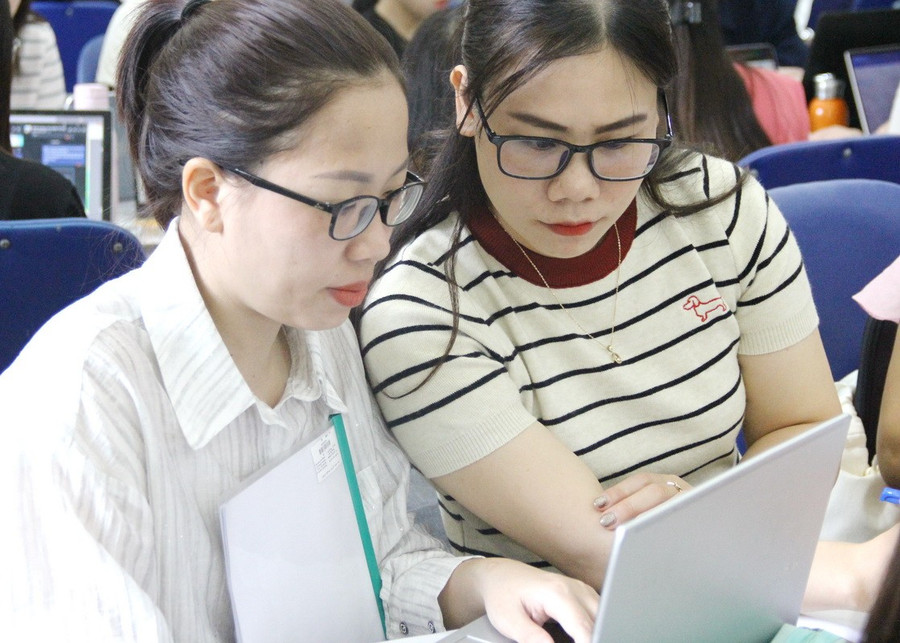
Open content will be selected for each school year.
Prof. Dr. Le Anh Vinh said that the pilot program is not limited, the open content will be selected for each school year, to adapt to the social context and the strong development of technology. He also called for the cooperation of teachers so that the implementation is effective and brings practical benefits to students.
Before going into the presentation content of the training session, the group of experts and the school's teaching staff discussed three key questions: Why should we learn AI? How to teach and learn AI? What should students learn about AI?
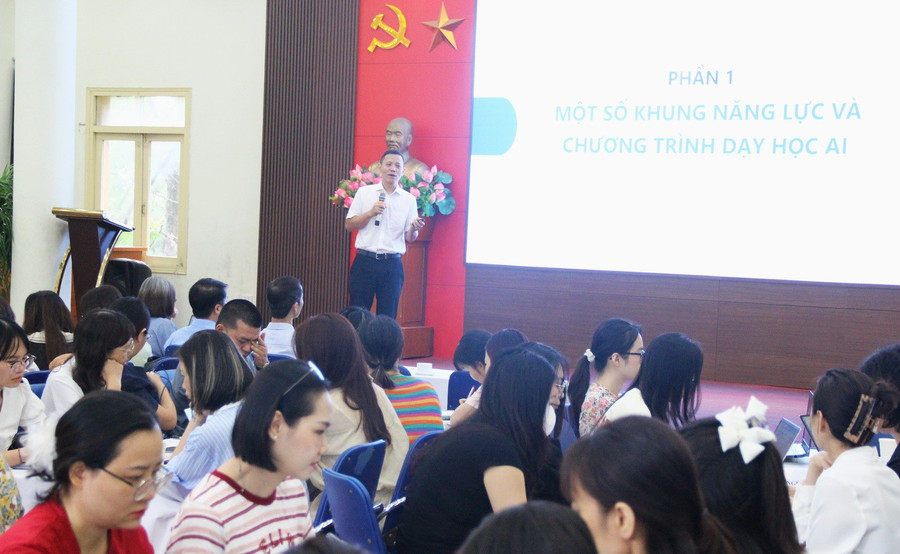
In 2019, UNESCO adopted the Beijing Declaration on AI and Education, affirming its commitment to building an ethical and humane foundation for AI in education. By 2024, UNESCO will officially publish two AI competency frameworks for students and teachers, aiming to help students understand, interact and innovate with AI in both learning and social environments.
Accordingly, the AI competency framework for students is built on two aspects: Competency aspect (human-centered thinking, AI ethics, AI engineering and application, AI system design) and progression level (acquisition, application, creation).
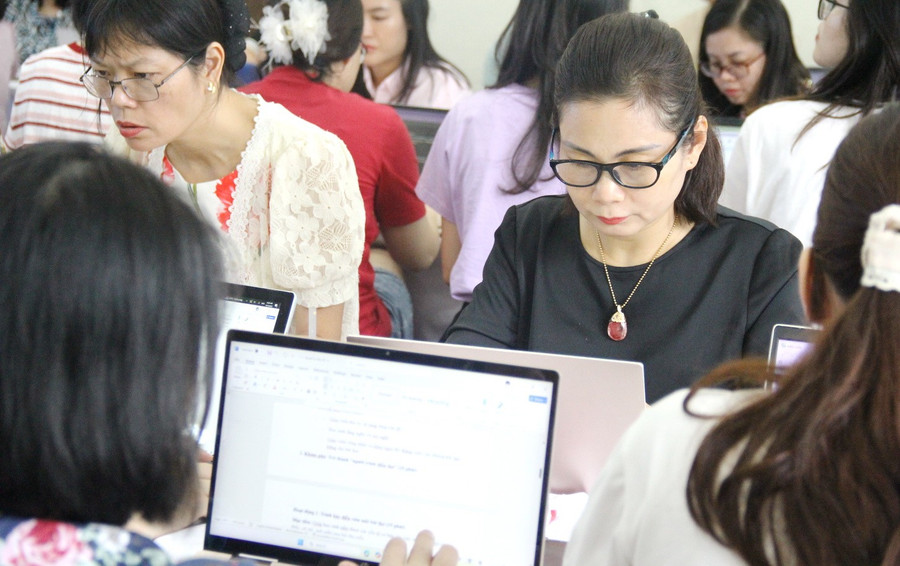
The AI Education Program for students of Experimental Science Education Primary, Secondary and High Schools aims to develop general qualities and competencies according to the 2018 Comprehensive Program, while adding specific AI competencies.
Each level of education has its own goals: in primary school, students initially get acquainted with AI - playing with technology; in secondary school, AI capacity is developed and perfected at a basic level, focusing on training thinking and skills; in high school, students are consolidated, improved, career oriented and free to create problems and solutions related to AI or AI applications.
In addition to the basic content, the school plans to organize a club specifically for gifted students who are passionate about exploration, to explore more in-depth knowledge and techniques together.
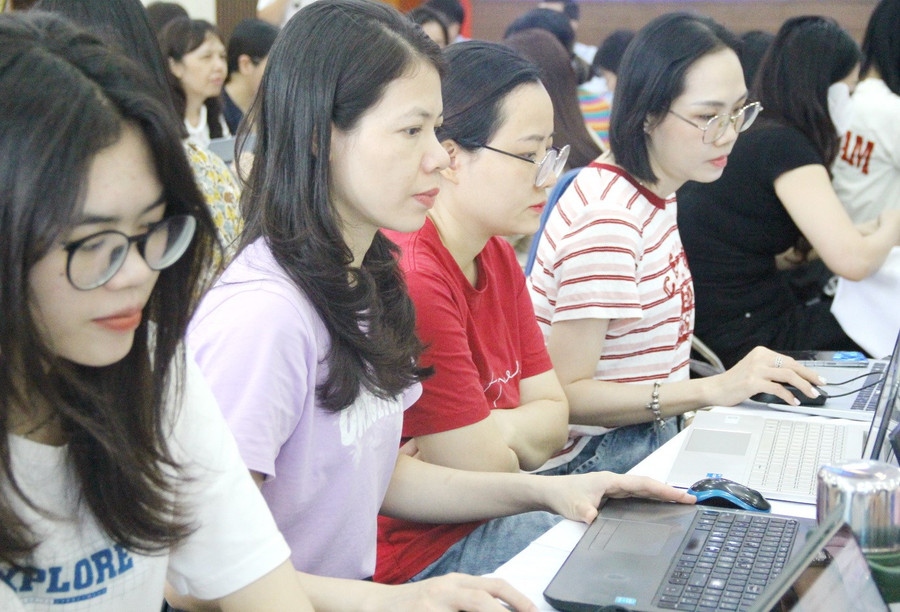
According to the latest research results, Vietnamese teachers have begun to apply AI in many subjects, bringing excitement to students and supporting education management. AI not only helps innovate teaching methods but also personalizes the learning process, opening a new era for education.
However, the application of AI also poses great challenges. In order for teachers to effectively exploit this potential, synchronous solutions are needed, from improving the capacity to use it to building a suitable support environment.
According to Professor Le Anh Vinh, AI is reshaping the role of teachers in the digital age, transforming them from mere transmitters of knowledge into guides, advisors and co-learners on students' journey of knowledge discovery.
Source: https://giaoducthoidai.vn/tu-nam-hoc-2025-2026-se-trien-khai-chuong-trinh-giao-duc-ai-cho-hoc-sinh-post748331.html



![[Photo] General Secretary To Lam attends the 80th Anniversary of the People's Court's Traditional Day](https://vphoto.vietnam.vn/thumb/1200x675/vietnam/resource/IMAGE/2025/9/13/ff42d08a51cc4673bba7c56f6a576384)

![[Photo] Hundreds of meters of Hoi An coastline seriously eroded](https://vphoto.vietnam.vn/thumb/1200x675/vietnam/resource/IMAGE/2025/9/13/57c85b745a004d169dfe1ee36b6777e5)

![[Photo] Vinh Hao-Phan Thiet Expressway has a frog's jaw](https://vphoto.vietnam.vn/thumb/1200x675/vietnam/resource/IMAGE/2025/9/13/a89ffa426f7a46ffb810cb1d7bdfb1b8)
![[Photo] General Secretary To Lam attends the Digital Popular Education Symposium - Digital National Assembly](https://vphoto.vietnam.vn/thumb/1200x675/vietnam/resource/IMAGE/2025/9/13/43ebd93f0f5e4d98a2749dab86def7cd)


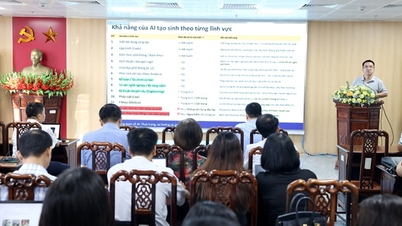





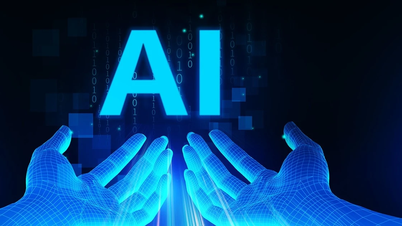

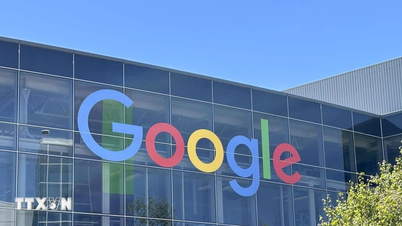
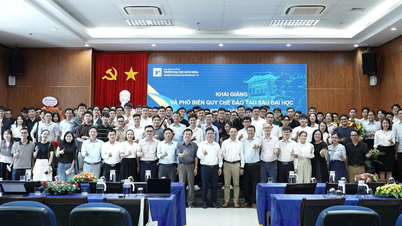
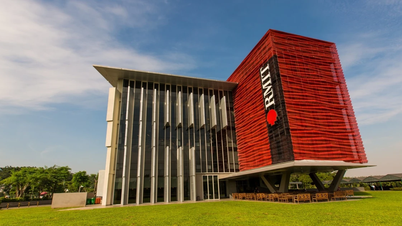




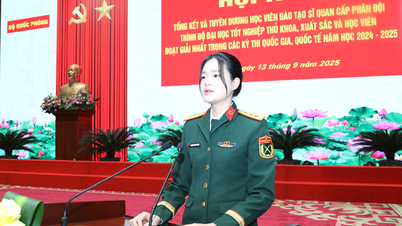

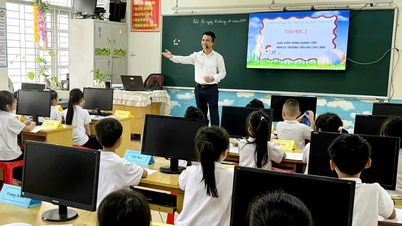






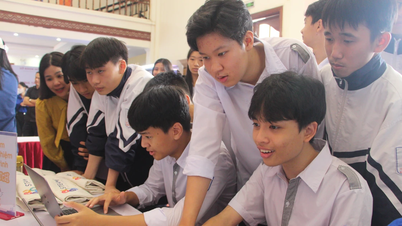


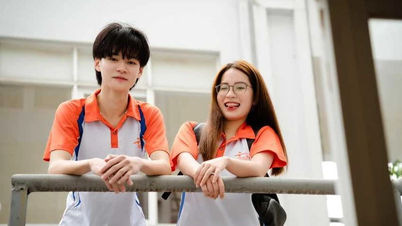





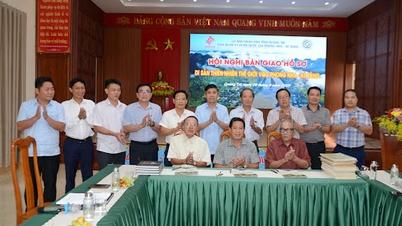













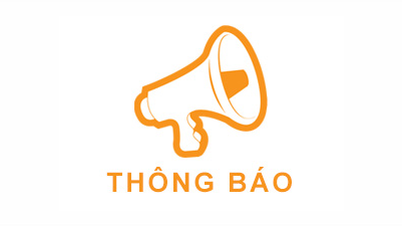


















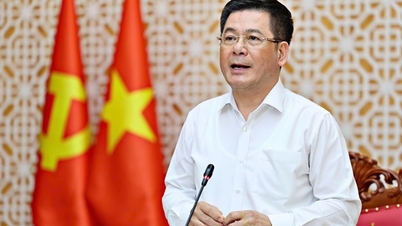




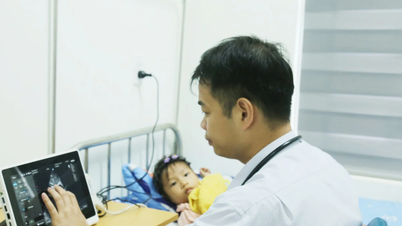



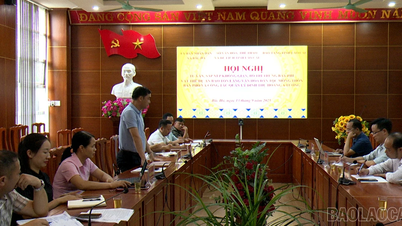
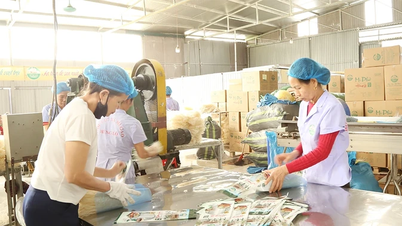


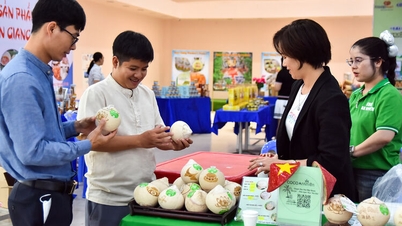










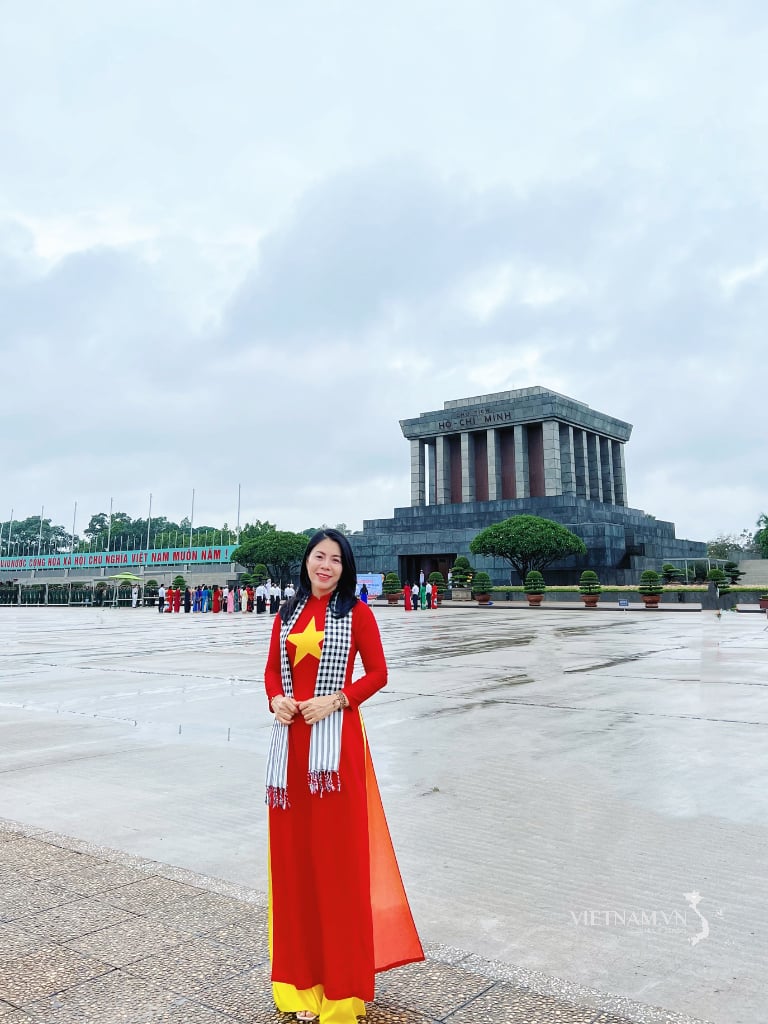
Comment (0)